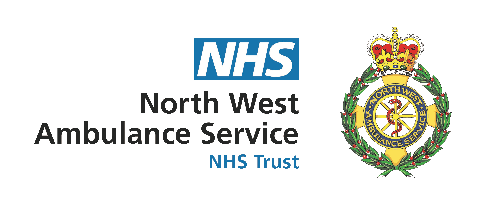
Despite strict coronavirus restrictions being felt by the majority of the region the North West Ambulance Service (NWAS) still had to respond to a high level of demand this festive season.
The week between Christmas and New Year is traditionally one of the busiest times of year for the trust, and this year was no exception, albeit slightly less than the previous year.
On New Year’s Day alone the trust received nearly five thousand 999 calls, which was around 350 calls fewer (6½ %) than last year, while on Christmas Day and New Year’s Eve levels were only slightly reduced.
Director of Operations, Ged Blezard said: “As always, we were well prepared for the spike in calls over the whole festive period with months of planning and additional resources available.
“The reduction in New Year’s Day calls undoubtedly was down to the restrictions placed over the region which prevented the usual alcohol related incidents in town and city centres. However the number of 999 calls we received on New Year’s Day still represents a high level of demand and coronavirus itself continues to add its own complications”
“However we have continued to meet the challenges to provide a safe service not only across our 999 emergency service, but also our 111 and Patient Transport services thanks to the skill and effort of all the NWAS staff that worked over the festive period.
“Alongside our dedicated workforce, we are also very grateful for the support from our Community First Responders and other volunteers at this time. Many have been helping to man a specialist fleet of welfare vehicles during busy shifts, supplying drinks, snacks and wellbeing advice to staff as they convey patients to hospitals across the region. The fact that they are volunteers and give their time freely makes their contribution even more commendable.
“I would like to thank everyone for their support during this busy time and using the service appropriately. We must prioritise life-threatening emergencies which can mean that patients in a less serious condition do experience a wait. We have been able to reduce wait times as much as possible by managing calls through our clinical hub providing medical advice over the phone and treating patients in the community wherever possible, reducing unnecessary emergency department admissions.
“As we head into January and February and the cold winter continues, we are expecting the high demand to continue and ask for the public to continue to help us by only calling 999 in life-threatening emergencies.”
People can take advice from a pharmacist for common health worries, book an appointment with their GP for health issues which will not go away, visit an urgent treatment centre for minor illnesses and injuries or use NHS 111 online for health advice.
Before attending an emergency department in person, please don’t forget to call 111 first, they will ensure patients are appropriately directed to the right care, and if a visit to hospital is required, they will make an appointment slot for them.
*This statistic includes 999 calls, duplicate calls, incidents at events where NWAS is the medical provider and 111 pass throughs.

 Constabulary to receive £4m funding boost to keep Cheshire’s communities even safer
Constabulary to receive £4m funding boost to keep Cheshire’s communities even safer
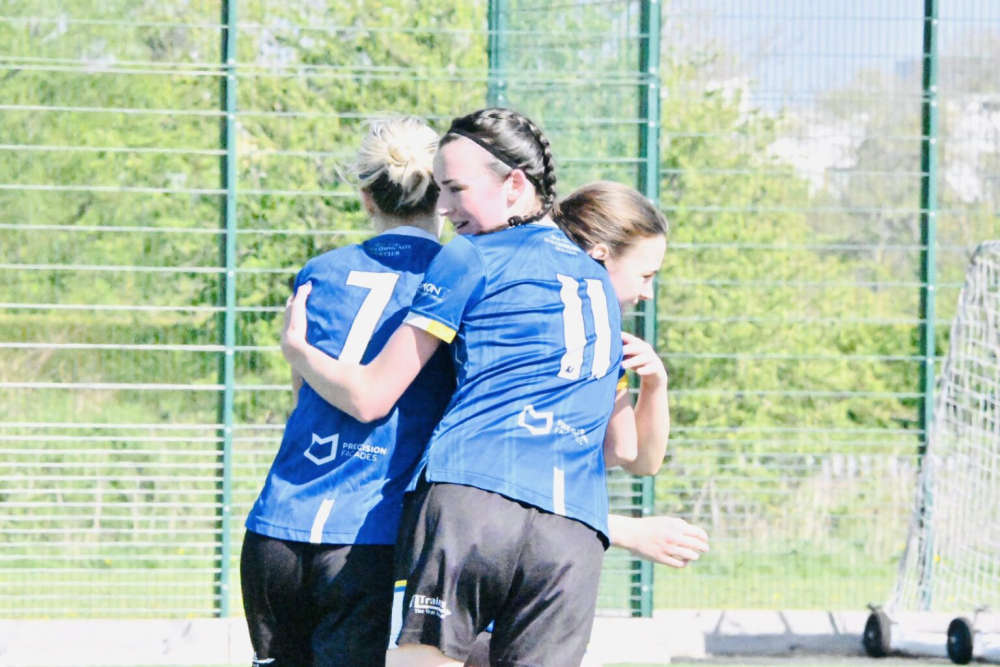 CFCW Match Report: Chester FC Women 3 - 0 Wigan Athletic Ladies
CFCW Match Report: Chester FC Women 3 - 0 Wigan Athletic Ladies
 CELEBRATION OF CLASSICAL DANCE MUSIC SET TO BE STAGED AT WREXHAM'S WILLIAM ASTON HALL
CELEBRATION OF CLASSICAL DANCE MUSIC SET TO BE STAGED AT WREXHAM'S WILLIAM ASTON HALL
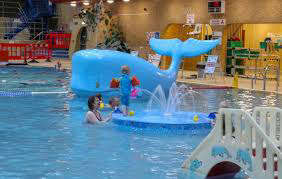 Community unites to save Northgate Arena’s whale!
Community unites to save Northgate Arena’s whale!
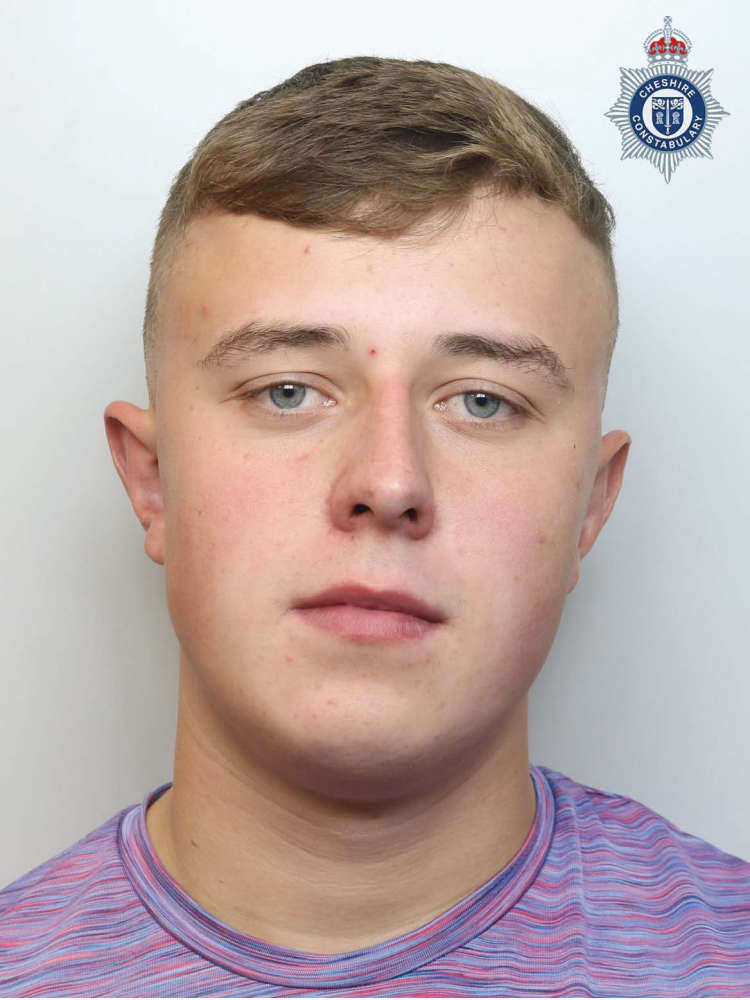 Man jailed for attempting to smuggle illegal drugs into Cheshire music festival
Man jailed for attempting to smuggle illegal drugs into Cheshire music festival
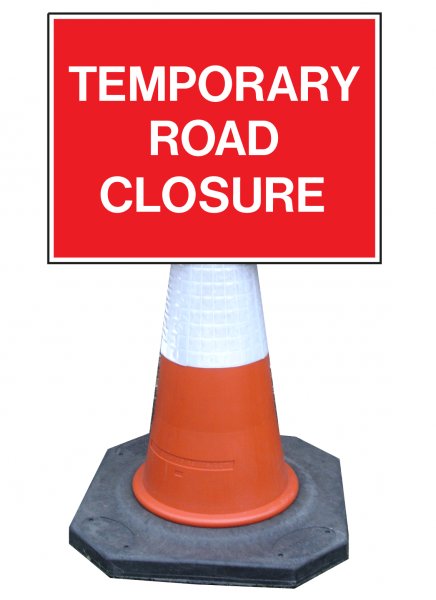 Weekend and overnight closures for vital A550 Welsh Road repairs
Weekend and overnight closures for vital A550 Welsh Road repairs
 Blues Match Report: Chester FC 2 - 1 Marine
Blues Match Report: Chester FC 2 - 1 Marine
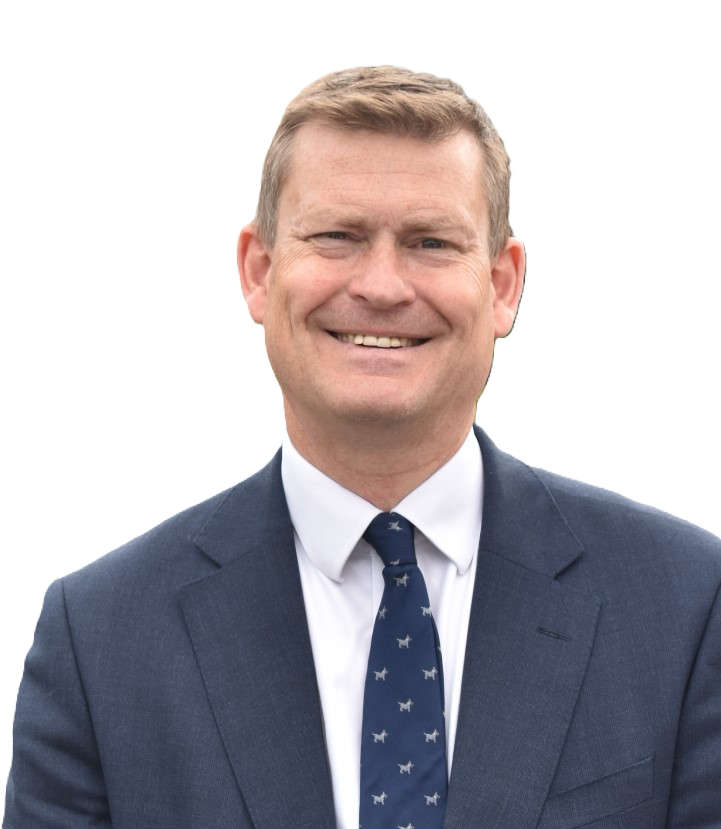 Ellesmere Port school chosen to benefit from multi-million pound nursery funding
Ellesmere Port school chosen to benefit from multi-million pound nursery funding
 Tripadvisor rankings name Chester Zoo as the UK’s best zoo.
Tripadvisor rankings name Chester Zoo as the UK’s best zoo.
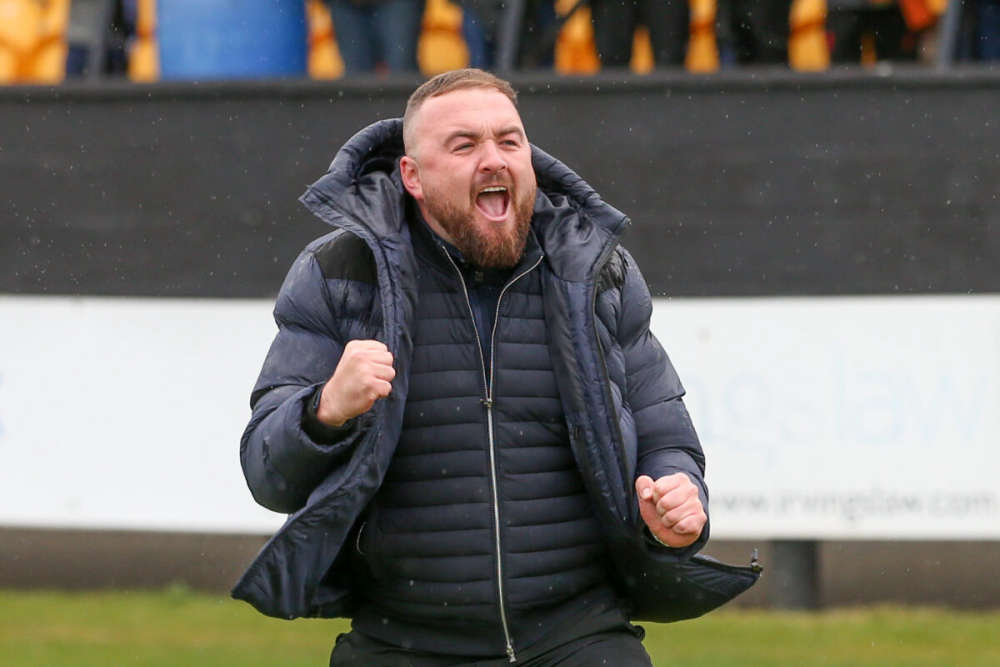 Blues Match Preview: Chester FC v Marine
Blues Match Preview: Chester FC v Marine
 Blues Match Report: Southport 0 - 1 Chester FC
Blues Match Report: Southport 0 - 1 Chester FC
 Sam Rowlands MS is urging people to have their say on merging four schools in North-East Wales
Sam Rowlands MS is urging people to have their say on merging four schools in North-East Wales
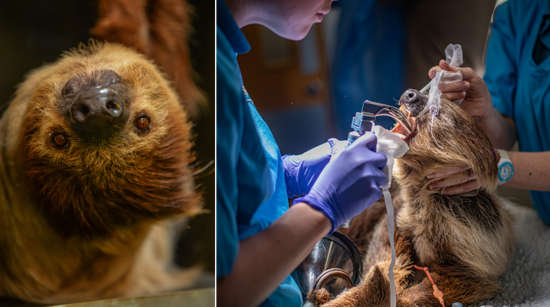 Pioneering dental surgery at Chester Zoo cured a sloth’s toothache
Pioneering dental surgery at Chester Zoo cured a sloth’s toothache
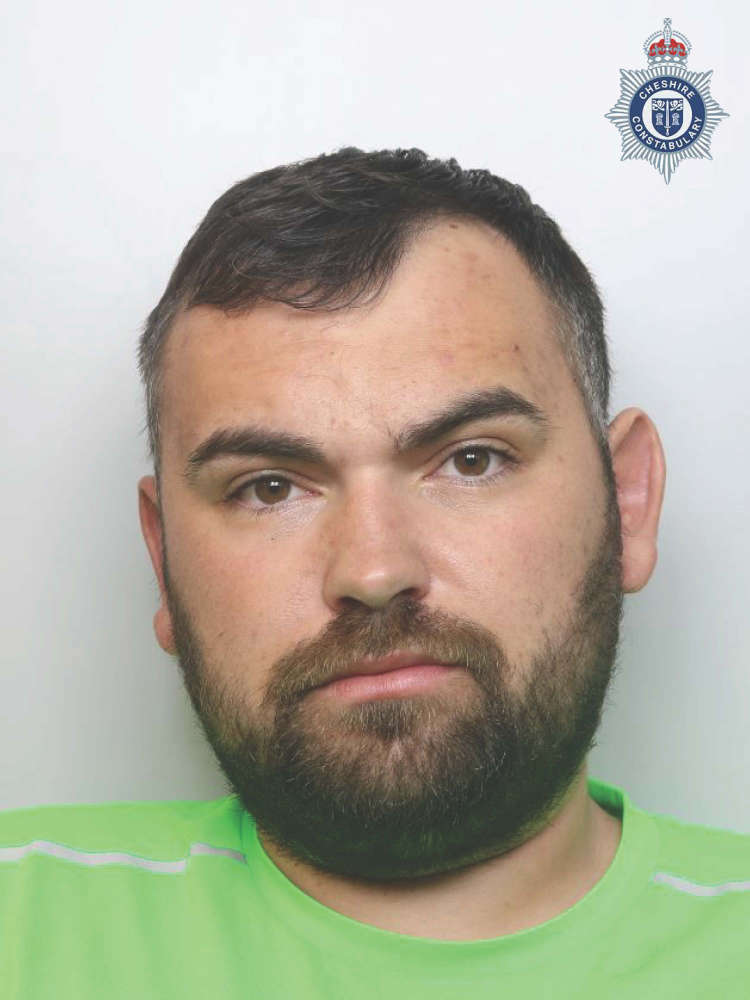 Drug dealer jailed after eagle-eyed officer spots him speeding in a car full of class A drugs
Drug dealer jailed after eagle-eyed officer spots him speeding in a car full of class A drugs
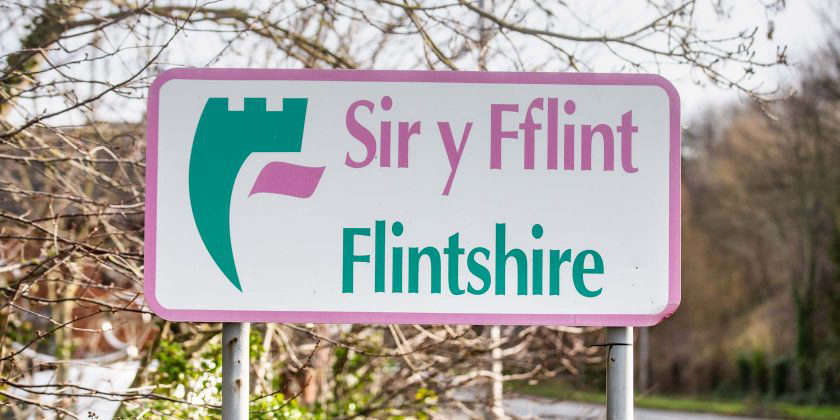 Enjoying the Countryside in Flintshire
Enjoying the Countryside in Flintshire
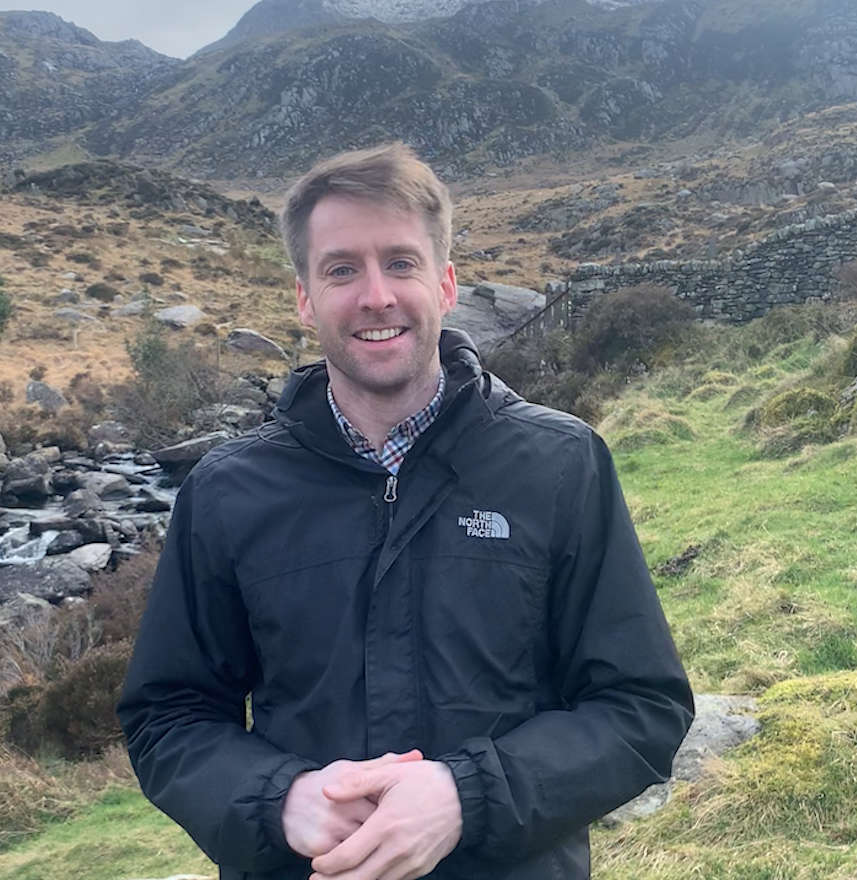 Member of the Welsh Parliament urges dog owners to keep their pets on a lead when in the countryside
Member of the Welsh Parliament urges dog owners to keep their pets on a lead when in the countryside
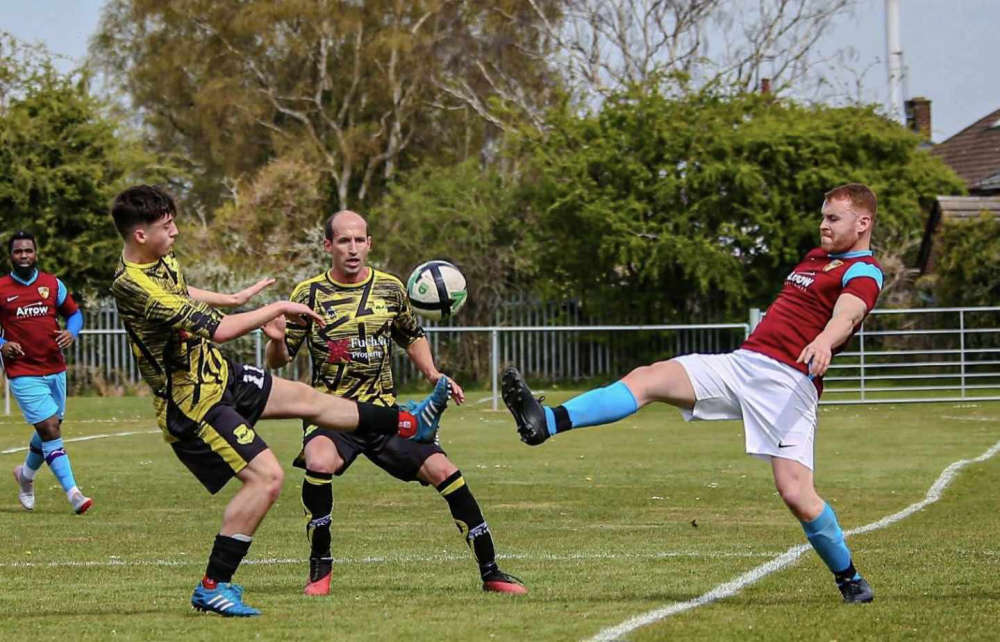 Chester and Wirral Football League - Latest Results
Chester and Wirral Football League - Latest Results
 Heartfelt and Hilarious New Show by Disabled Artists Comes to Ellesmere Port
Heartfelt and Hilarious New Show by Disabled Artists Comes to Ellesmere Port
 Fly High Media Shortlisted for Prolific North Champions Awards 2025
Fly High Media Shortlisted for Prolific North Champions Awards 2025